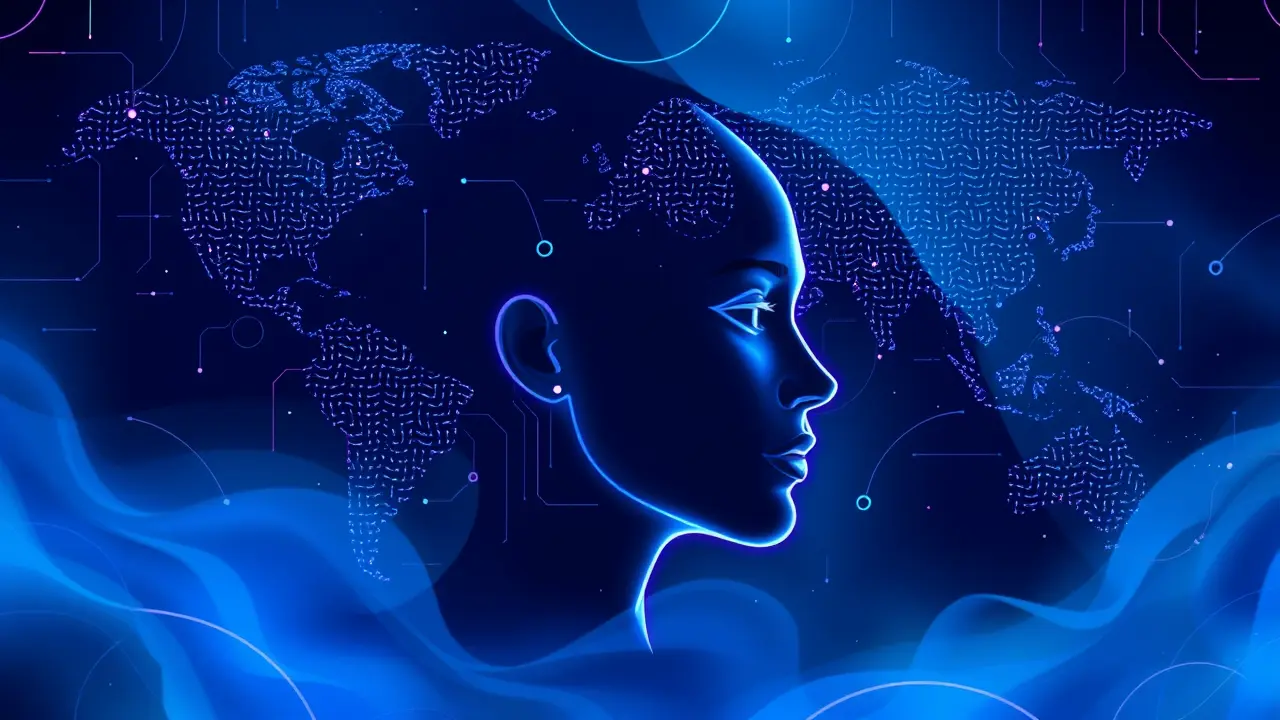
AIai safety & ethicsAI Impact on Jobs
AI Labor Shock Threatens Female Workers
AN
Anna Wright
4 hours ago7 min read2 comments
The specter of artificial intelligence is casting a long, discriminatory shadow across the global workforce, with a stark new analysis revealing that women are positioned squarely in the crosshairs of this technological upheaval. This isn't a distant sci-fi scenario; it's an imminent labor shock where female workers comprise the majority in more than half of the forty occupations most vulnerable to automation and displacement by AI-driven systems.We are witnessing the crystallization of a deeply gendered economic risk, one that threatens to unravel decades of hard-won progress in workplace equity. The roles at highest risk—administrative assistants, data entry clerks, customer service representatives, and secretaries—are not neutral territories; they are sectors historically dominated by women, often undervalued and now perilously exposed.This pattern echoes troubling historical precedents, from the industrial revolution's impact on artisanal crafts to the more recent offshoring of manufacturing jobs, where marginalized groups consistently bear the brunt of economic transformation. The core of the crisis lies not in the technology itself, but in the systemic inequalities it exacerbates.The digital divide, persistent pay gaps, and unconscious biases in corporate leadership create a perfect storm where women could be left behind as mere collateral damage in the race for efficiency. Political and business leaders now stand at a critical juncture.Their response—or lack thereof—will define the socioeconomic landscape for a generation. Preventing this gendered catastrophe requires a proactive, feminist policy framework that goes beyond mere rhetoric.It demands a fundamental rewiring of our approach to education and vocational training, ensuring women are offered equal, and often prioritized, access to upskilling and reskilling programs focused on AI management, data science, and other future-proof fields. We must learn from the failures of past industrial transitions, where retraining programs were underfunded and poorly targeted, leaving swathes of the workforce stranded.Furthermore, the design and deployment of AI systems must be subjected to rigorous equity audits to root out embedded biases that could further disadvantage women. The conversation in halls of power, from the UN to national parliaments, must shift from passive observation to active intervention, crafting social safety nets and transition policies that recognize the unique vulnerability of the female workforce.The future of work must not be a regression to a less inclusive past, but an opportunity to build a more equitable economy. The time for leaders to act is now, to ensure that the AI revolution empowers rather than erases the contributions of women.
#AI
#labor market
#women workers
#job displacement
#upskilling
#featured
Stay Informed. Act Smarter.
Get weekly highlights, major headlines, and expert insights — then put your knowledge to work in our live prediction markets.
© 2025 Outpoll Service LTD. All rights reserved.